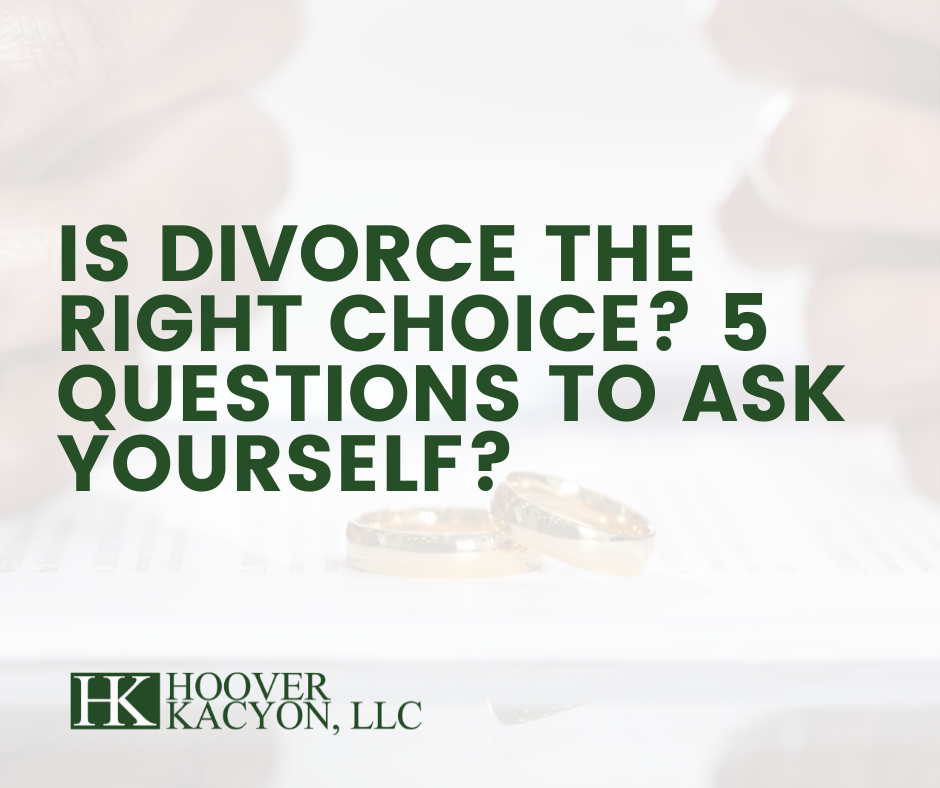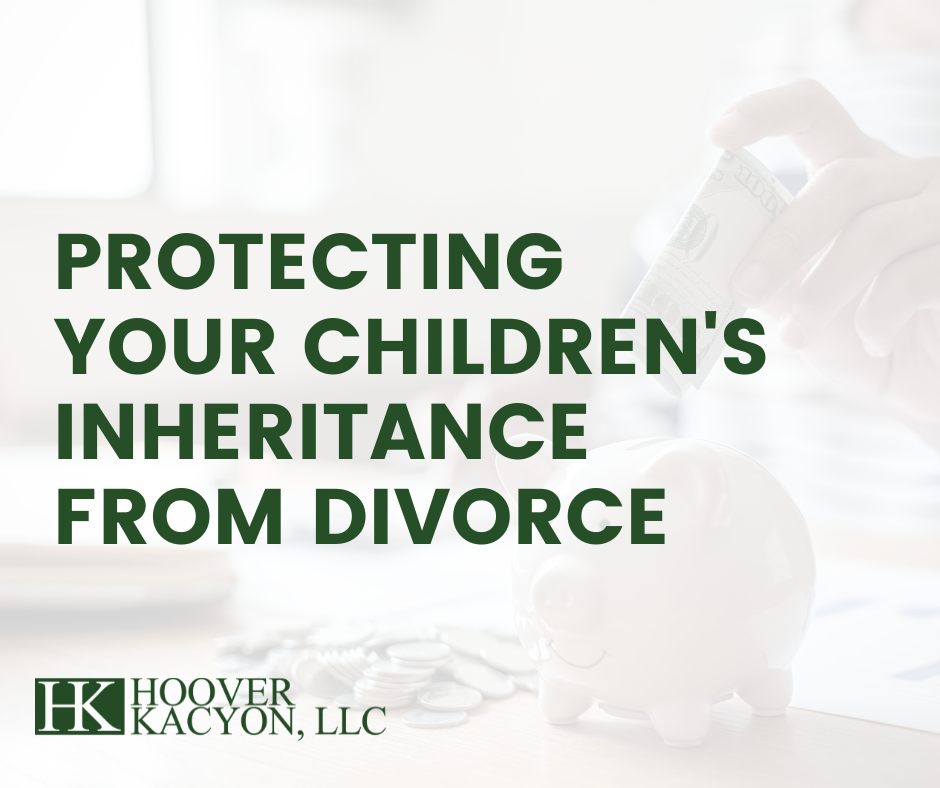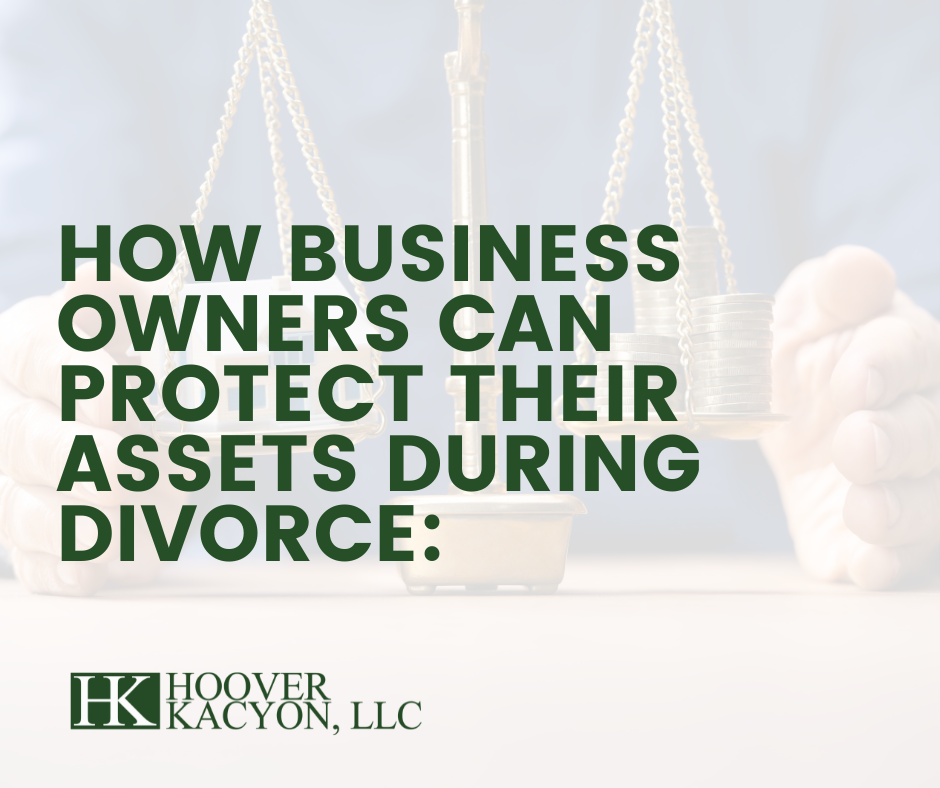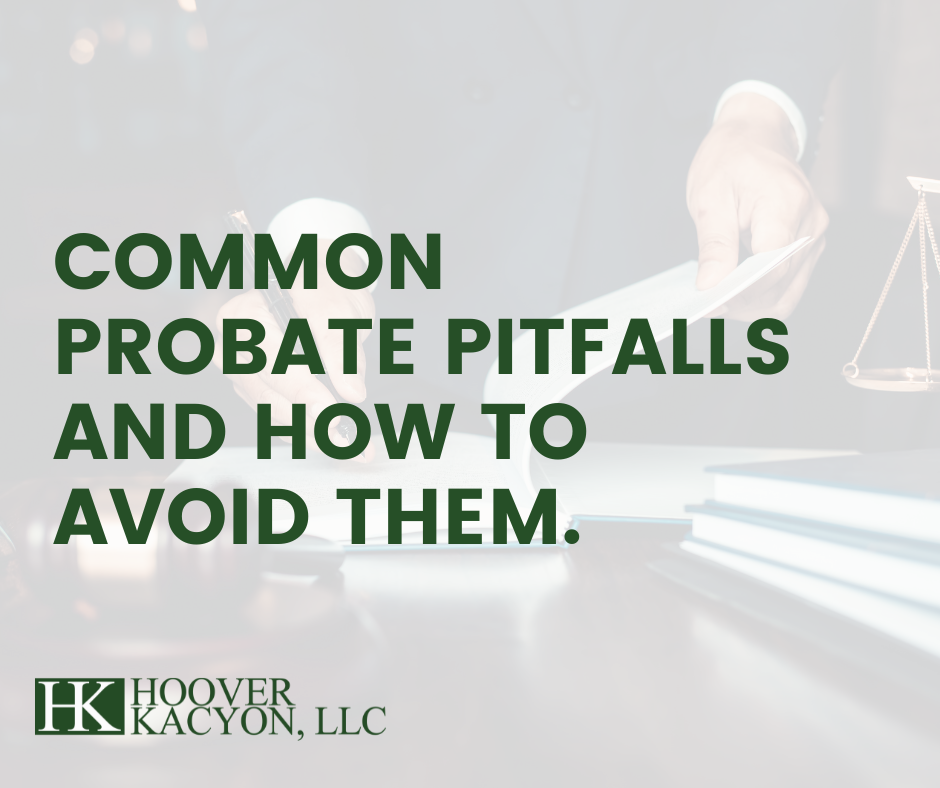Abuse should never be overlooked. Physical abuse may be easier to identify, but emotional abuse is just as significant. The lingering effects of emotional abuse can be detrimental. Psychological and physical scars may remain as a result of abuse at an emotional level. Learn about the following laws that protect you against emotional abuse.
Emotional Abuse Criminal Laws
You’ll find states that have included emotional abuse have them classified under other abuses and have made it mandatory to report.
Domestic Abuse
While domestic violence used to be more commonplace, it is becoming more widely acknowledged and deemed unacceptable. Battered women syndrome may prevent the abused from getting help, so they may need outside assistance to break the cycle of abuse.
- Stalking: Every state has stalking laws, which means you can report these incidents to law enforcement. Harassment and unwanted pursuit or contact can take a psychological and emotional toll, leaving you in fear for your own safety.
- Child Abuse: In a similar vein as domestic abuse, child abuse can have an emotional twist. Child pornography and child neglect (along with other child abuse forms) cause psychological and emotional damage and are illegal.
- Elder Abuse: Verbally threatening or insulting victims, neglecting or isolating the elderly, and other emotional abuse are crimes. Anyone who witnesses or suspects any of these should immediately report them, as they can have dire consequences.
- Mandatory Reporting: Any instances involving children or older adults must be reported. Anyone should report abuse allegations, but especially doctors, teachers, social workers, and other professionals are obligated to report any suspected abuse.
Emotional Abuse Civil Laws
You don’t have to rely only on criminal cases to report emotional abuse. However, when it comes to civil suits, you need to base the claims on the intentional infliction of emotional distress. What this means is that someone intentionally directed an awful transgression that causes extreme emotional trauma. While these cases are difficult to prove, you must adhere to the following:
- Extreme or Outrageous Behavior: This is more than just malicious, harmful, or offensive conduct; it must exceed all possible bounds of decency.
- Intentional or Reckless Conduct: Rather than just being careless, the offender must show intent to cause or know that emotional distress is the likely result.
- Severe Emotional Distress Due to Behavior: Often the hardest to prove, any severe and lasting emotional effects, such as persistent anxiety and paranoia or physical ailments like ulcers or headaches, could show a person suffered extreme emotional distress due to the conduct.
Abuse should always be taken seriously, and professionals are ready to help when needed. The lawyers at Hoover Kacyon, LLC., are dedicated to supporting our clients. We deliver the highest quality legal representation from a team of professionals while also providing excellent customer service. Call us at
330-922-4491 or
contact us online to make an appointment.
Recent Posts









YOU MIGHT ALSO LIKE









